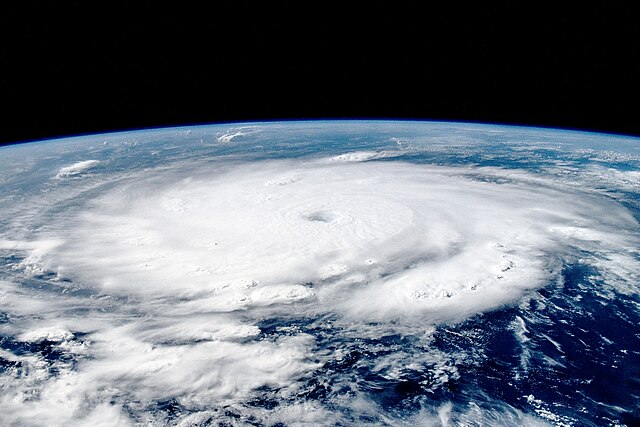Should rich countries do more for the climate?
Against the backdrop of Hurricane Beryl, the Prime Minister of St Vincent and the Grenadines has claimed that leaders are neglecting climate issues in their manifestos. This is particularly conspicuous due to the sheer mass of recent and upcoming elections. Compounding this, the leader directly stated that “climate change is not playing any major part in the campaigns. While you hear one or two people from the Labour party talk about it and some concerns from the Greens.”
From this standpoint, it seems that the political scene glosses over pledging to make a meaningful difference, and prefers to offer a performative slither of climate hope to attract the younger voter demographic. This exposes the tactical nature of politicians in the West, thus eliminating any genuine desire to soothe climate-related issues. As the St Vincent Prime Minister spotted, rich countries hold the ability to enact difference and exercise their responsibility to lead on critical issues like this. The UK government has broad policies, like their Build Back Greener plan to reach net zero by 2050. However, this agenda has not been amended since 2022 and was brought by a conservative government, which may not be of much help now given the swing back to Labour. Large claims and convoluted plans like these lazily mask intervention on climate issues, and act as a temporary filler to misdirect the electorate.
The GDP of countries like the USA and UK alone combine to make almost a staggering 30 trillion USD.
The escalation of natural disasters encompasses the need for immediate transformation in behaviour and policy. Hurricane Beryl brought winds of 165 mph and was classified as a Category 5 hurricane, beating records of previous hurricanes. The gradual crescendo in surface temperatures and the number of endangered species legitimises the demand from public figures like the St Vincent and the Grenadines Prime Minister. The GDP of countries like the USA and UK alone combine to make almost a staggering 30 trillion USD. With resources and the capability, just 1% may be able to start the process of salvaging our crippled environment.
While there may be short-term economic gain in the continued use of fossil fuels across the globe, it is undeniable that the consequent rising global temperatures will be felt the most by those who lack the privilege and ability to change to greener infrastructure. As stated by ActionAid, an international charity that works to support women in poverty: ‘When disasters strike, it is those with less power and fewer resources who invariably suffer the most.’
Ultimately to combat such an embedded issue, shared responsibility is necessary from all.
In the Global South, there is a growing trend towards policy that exacerbates the issue of climate change. This can often involve governmental decisions that prioritise industrial agriculture over eco-friendly methods of farming, facilitate the use of private cars over public transport, and continue the dependence on fossil fuels. As many countries seek to emulate economic policies of Western countries in an effort to develop their own economy, their emissions continue to rise at extreme rates. While in some areas new plans seem to evoke a brighter future for the planet, too frequently a lack of funding and politics will prevents these climate-friendly plans from being realised.
Practically, countries must combine their expertise in order to set up initiatives that counter the relentless impact of environmental damage. Whilst the devastating extent of the recent hurricane highlights the responsibility of larger countries, shared responsibility from all is necessary to combat this issue.
UN meetings and global agendas like COP 28 are key times to collectively implement fresh solutions, however, is meeting a few times annually enough? As Climate scientist Dr Friederike Otto expressed after the COP 28 deal was reached: “The lukewarm agreement reached at COP 28 will cost every country, no matter how rich, no matter how poor. Everyone loses.” If we are to begin to control the narrative of the climate, it seems that leaders across the world must converge more frequently and with greater purpose.

Comments